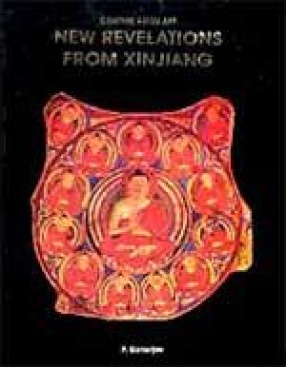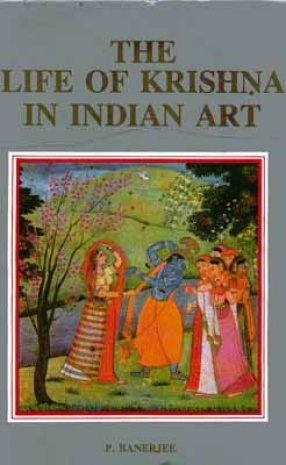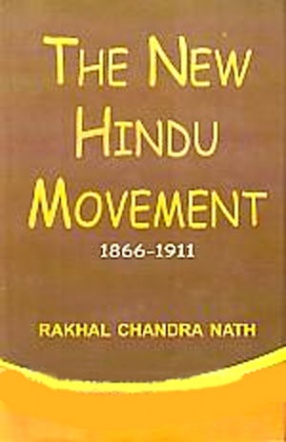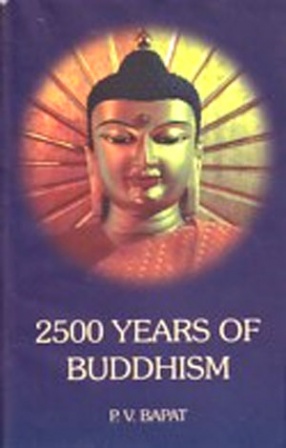Central Asian antiquities discovered from different parts of Xinjiang and its neighbouring regions including Dunhuang are of great archaeological and artistic significance. The credit of discovering these antiquities goes to a galaxy of distinguished explorers, the most prominent among them being Sven Hedin from Sweden, Aurel Stein from British India, A von. Le Coq and A Grunwedel from Germany, Oldenburg and Kozlov from Russia, Paul Pelliot from France and Count Otani from Japan. These objects are vast in number and fall into different categories, periods and styles. The study and interpretation of these objects by the above mentioned savants have thrown a good deal of light on the forgotten civilisation of Xinjiang. It should, however, be noted that Central Asian art is highly complex and composite in nature. Further, most of the objects are fragile and fragmentary in condition adding difficulty to identifying them. Therefore, notwithstanding the splendid work done by the previous scholars, there are still a number of unidentified Central Asian objects in various collections of the world. Dr. P. Banerjee, a well-known exponent of Buddhist art, has identified in this volume about thirty-five objects from Xinjiang and Dunhuang. Dr. Banerjee has studied these objects closely for over a decade and his conclusions are published in this volume. While interpreting an object he has cited parallel examples in support of his views. This volume, it is hoped, will contribute to the advancement of knowledge in the field of Central Asian art and iconography.
ABOUT THE AUTHOR P. Banerjee
Dr. P. Baneree, born in 1920, obtained a First Class in the M.A. examination in Sanskrit with Epigraphy and Numismatics as special group in 1941 and Ph.D. Degree in History in 1950 from the Patna University, Patna. He joined a curatorial post in the Archaeological Section, Indian Museum, Calcutta, in 1949; was appointed Officer on Special Duty in the Ministry of Information & Broadcasting, Govt. of India in 1955 and Superintendent, in the Archaeological Survey of India, in charge of the Central Asian Antiquities Museum (containing Sir Aurel Stein Collection of Central Asian objects.) New Delhi (now a part of the National Museum, New Delhi) in 1957. Dr. Banerjee joined the National Museum, New Delhi in 1960, and had served this Institution for twenty years in various capacities as Editor, Assistant Director, Director, Member-Secretary, Art Purchase Committee, and lastly as Consultant, Central Asian Antiquities. Dr. Banerjee has visited almost all the important Museums in India and outside (in the U.S.S.R., Europe, and the U.S.A.) for the study of Indian, Central Asian and Far Eastern objects. He is a leading exponent of Indian Art and Religion as well as of Central Asian Buddhist Art and Iconography. He is the author of a large number of research articles and several important books including (i) The Way of the Buddha (Publications Division, Ministry of Information & Broadcasting, New Delhi), (ii) Early Indian Religions (Vikas Publishing House, New Delhi), (iii) The Life of Krishna in Indian Art (National Museum, New Delhi) and (iv) The Blue God (Lalit Kala Akademi, New Delhi) which have earned him international reputation as a scholar. He is a Vice-President of the All India Art Historians' Association and acts as an expert in various committees of the National Museum and Archaeological Survey of India, New Delhi.






There are no reviews yet.